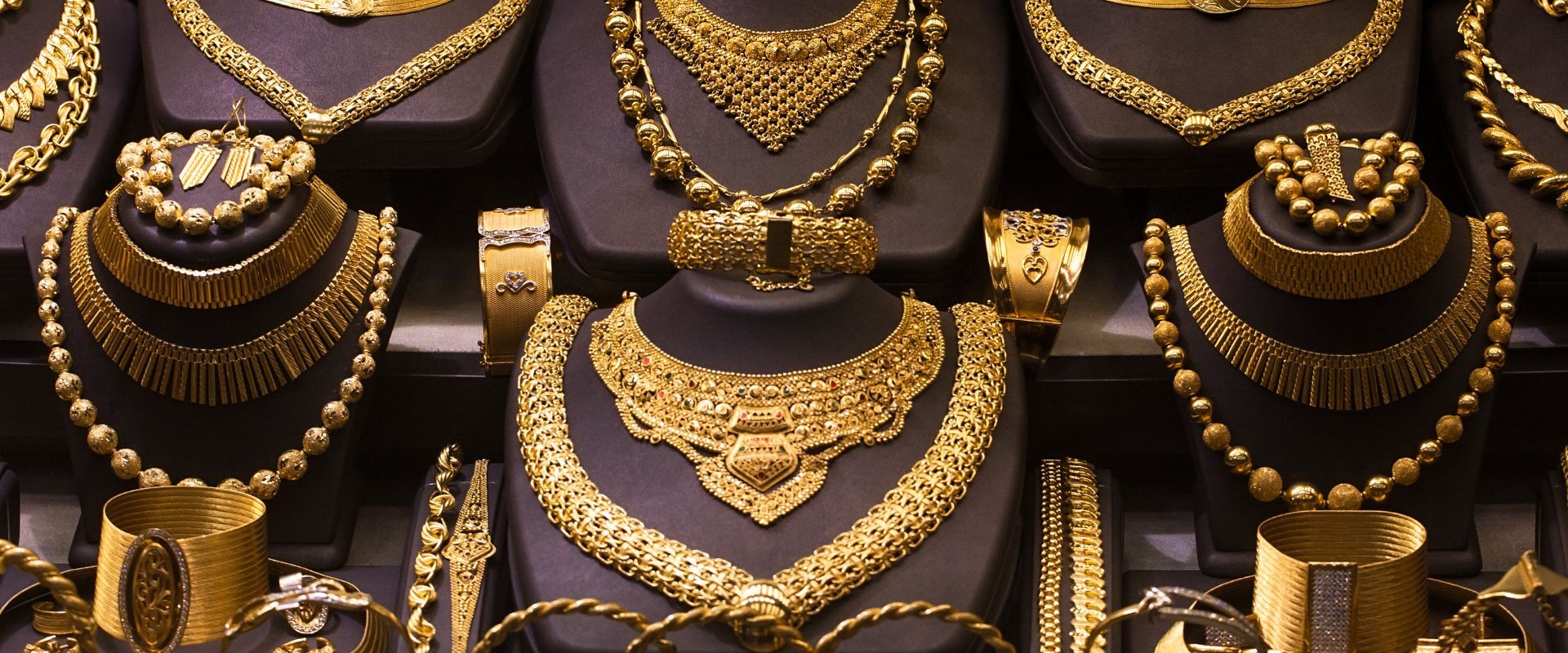Table of Contents
Are you aware of the risks surrounding a gold purchasing pyramid scheme? Gold is one of the steadiest investment assets available when people invest in gold the right way, and it pays long-term dividends. However, racing toward a gold investment opportunity with care or proper research may find unsuspecting investors knee-deep in regret.
Gold’s primary attraction as an investment vehicle is that its price is relatively stable when other investments are fluctuating. However, it is easy to lose perspective when a sudden attractive proposition seems to offer investors a chance to jump into the market without paying the prices that apply to everyone else. The scammers in charge of these gold investing Ponzi schemes defraud hundreds of thousands of investors out of hard-earned money, so how can beginners avoid these illegitimate enterprises from snatching up their carefully curated portfolios?
Below, the precious metal experts at Oxford Gold Group offer a few helpful tips on investing confidently in gold, silver, and other rare metals.
What Does a Gold Purchasing Pyramid Scheme Look Like?
Savvy investors know how to spot a pyramid scheme and avoid missing out on the long-term benefits that authenticated gold investments bring across a lifetime. A pyramid scheme for gold purchasing is a scam that misinforms investors on the value or availability of the gold and how they are spending their money. Unfortunately, no two gold scams are identical.
Some pyramid schemes scam investors by misrepresenting the market prices of gold and tricking potential investors into paying more than necessary. They keep the extra money for themselves. Other schemes might offer a fair price but fail to pay out the advertised “guaranteed returns” by the deadline or take the money and run.
Gold scammers have several tricks up their sleeves and are masters at building trust. Their diverse methods make it difficult to recognize their scams, including typical gold purchasing schemes. However, just because schemes are challenging to identify does not mean the perpetrators never get caught.
The Most Notorious Precious Metals Schemes in History

Worldwide, countries have taken action against several bad actors in gold investment by shutting down these scams. Some defraud thousands of people out of hundreds of millions before the authorities catch up with them, and beginner investors can learn much from the methods that the investigations uncover.
PIM Gold
PIM Gold was a German-based gold dealer that failed to deliver on its contracts with thousands of clients. The company allegedly came to terms with roughly 8,000 clients but could only issue 7.5% of the promised funds. Investigations into PIM Gold revealed that the dealer possessed only 270 kilograms of the three metric tons promised to investors, with estimated losses from these fraudulent investments with PIM Gold at over $150 million.
One of the ways that PIM Gold convinced people to invest with them was by promising “guaranteed returns.” It made the gold purchasing pyramid scheme appear legitimate enough to satisfy those guarantees, and thousands of investors fell for the ploy.
Amber Gold
Amber Gold was a fraudulent gold investment company in Poland that scammed nearly 20,000 clients over three years. Like PIM Gold, it offered guaranteed returns on its customers’ gold investments, resulting in an estimated $236 million in losses for those who signed up for the scheme. A large portion of that $236 million is still unpaid.
The scammers at Amber Gold began the fraudulent activity in 2009, advertising returns as high as 14% of the initial investment. Thousands of people trusted Amber Gold’s guarantees, investing considerable portions of their portfolio with the company.
Tianjin Group
Tianjin Group’s illegitimate activity ended with 32 individuals charged with criminal activity in 2016, but before that, it cost investors a combined $63 million in lost savings. Unlike PIM Gold or Amber Gold, the Tianjin Group’s methods for recruiting clients and building trust were more in line with a traditional Ponzi scheme. It promised its clients 24% profit on their investment and 1% interest for every two years spent with the company.
The fraudulent gold lender also offered customers as much as 16% commission for every new investor they could recruit. The promised recruitment incentives and high returns on investment caught thousands off guard as the Taiwan-based gold lender had many methods for defrauding its customers. It also charged a membership fee of $2,500, sold gold bullion to clients at nearly double the market value of the precious metal, and sold counterfeit gold with fake certificates of authenticity.
Monex
Monex was one of the largest gold purchasing pyramid schemes in history. When the Commodity Futures Trading Commission charged them with fraud in 2017, the scam had already cost thousands of clients an estimated $290 million. Monex attracted investors with perceived trustworthiness and relentless selling tactics; the most aggressive of those advertising methods was the “Atlas” program billed as a secure channel for high-return investments.
People invested with Monex believing that Atlas was a no-risk way to grow their retirement funds. However, the mistake meant losing a massive chunk of their savings in the process.
How to Identify a Gold and Silver Ponzi Scheme

These top four precious metals schemes provide many lessons for investors who are looking to diversify their portfolios in gold, silver, or other rare metals. Here are a few takeaways that could help pinpoint a gold purchasing pyramid scheme before it can do any damage.
Do Not Trust Guaranteed Returns
The gold purchase schemes listed above attracted thousands with the allure of guaranteed returns. Everyone wants their investment to be as risk-free as possible, but the idea of promised profit is entirely an illusion. It is why people invested with scam companies like Amber Gold and Tianjin Group and lost it all.
Gold scammers leverage the fact that investors are looking to minimize risk. They weaponize that desire in order to trick people out of their hard-won savings. However, it is easy to avoid this trap by remembering that every investment comes with risk, even a relatively steady resource like gold or silver.
Legitimate gold traders will be open about the idea that there is no such thing as a guarantee in investing. They should not promise returns, so be wary of traders promising substantial profits.
Shun ‘Too Good to be True’ Discounts or Deals
Scam traders will often artificially inflate the price of their gold or misrepresent its true value. The “discount” is probably based on the unrealistic price point, which raises questions about the legitimacy of the whole operation. If a trader is offering a discount that feels too good to be true, there’s a strong chance that it is.
An artificial mark-up is an exact method that the Tianjin Group scheme used to trick 5,000 investors out of their money. Gold purchasing scams still use this method because it catches people daily. Avoid the trap by researching the price of gold from verifiable, third-party sources before buying from random traders, or stick to trusted sources like Oxford Gold Group to be sure.
Take the Time to Research
Investment research should not end after confirming gold’s market price in different forms. Savvy investors will also look into the legitimacy of each trader beyond how they value their precious metals. Are there warning signs that this may be a gold purchasing pyramid scheme?
For example, Ponzi scheme operators are masters of advertising and deliver persuasive sales pitches that hit all the right notes. These professional tricksters develop website banners that appear professional and write fake reviews to make their service appear legitimate. The challenge for investors is to look past the advertising and learn the truth.
If the trader has a few positive reviews, there is still a chance that these artificial posts might bury hundreds or thousands of negative ones. Find larger sample sizes of reviews, and read as many as possible. Use different sites so that you can develop an accurate picture of the company’s legitimacy from a range of sources.
Watch Out for a ‘Hard Sell’ Approach
Hard selling was Monex’s bread and butter. They advertised the Atlas program as “the only way to invest in precious metals safely.” Legitimate gold purchasers do not rely on cheap tricks to sell services, and their business model is fully transparent about the market price of gold and helping you invest the right amount at the right time.
Do Not Accept Interest Payments
Legitimate precious metal investments do not offer yearly dividends. Traders should not offer interest payments in exchange for holding or securing your gold because they can’t afford to pay you interest when gold and silver do not produce annual yields. Services that offer such incentives might have ulterior motives for wanting to hold your precious metals; investigate them thoroughly or move on.
Connect with Oxford Gold Group for Precious Metal Investments

Navigating the world of precious metal investments is challenging, especially with the threat of a gold purchasing scheme on the horizon. If it feels like a pressure tactic, do not commit to the gold purchase. Diversify, research, and do not fall for guarantees of profit or security.
Contact the Oxford Gold Group experts at (833) 600-GOLD today to learn more about avoiding a gold purchasing pyramid scheme ahead of your next precious metal investment.








